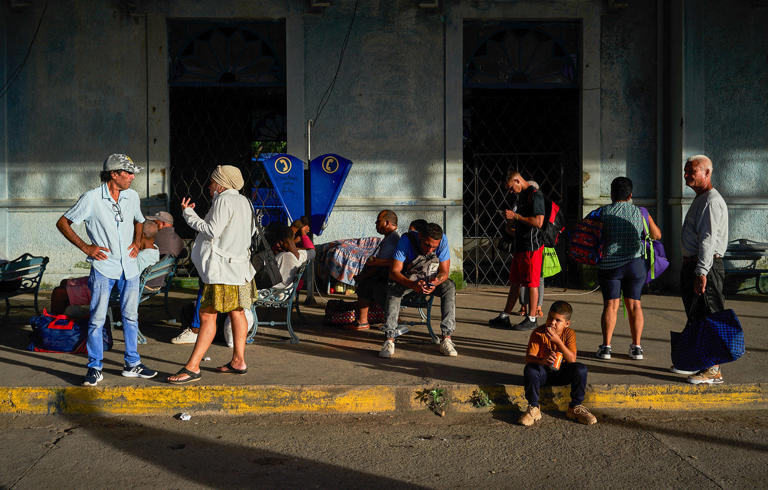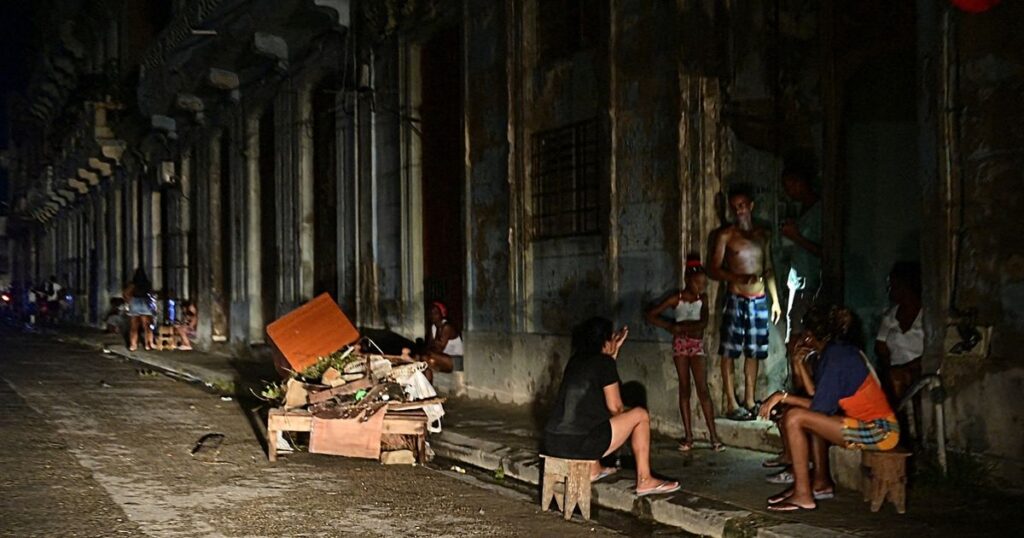Cuba’s national electrical grid collapsed for the third time late Saturday, plunging millions of residents into darkness and complicating government efforts to restore power across the island. The latest setback occurred around 10:25 p.m., according to a now-deleted post by Havana Electric on Telegram.

The Cuban energy ministry confirmed the outage, stating that “another disconnection” had occurred in the “western sub-system,” which includes the capital Havana. Officials described the process of reestablishing the electrical system as “complex.”
This third collapse follows two previous failures since Friday, when the grid first crashed after the island’s largest power plant shut down. Authorities had reported some progress in restoring power earlier Saturday evening before the system failed again.
The repeated outages have led to small protests in parts of Havana, with Reuters reporters witnessing demonstrations in the Marianao and Cuatro Caminos areas. Social media posts suggested additional protests elsewhere in the capital, though these reports could not be independently verified.

Internet connectivity in Cuba has dropped sharply due to the power outages, according to internet monitoring group NetBlocks. The lack of electricity has made it difficult for residents to charge phones and access the internet.
Even before the grid failures, Cuba was experiencing severe electricity shortages, with blackouts lasting 10 to 20 hours a day across much of the island. The government has attributed these issues to deteriorating infrastructure, fuel shortages, and increased demand.

Cuban authorities also cite the U.S. trade embargo and sanctions imposed during the Trump administration as factors hindering their ability to acquire fuel and spare parts for power plants. The U.S. has denied any involvement in the current grid failures.
As Cuba struggles to restore power, the ongoing blackouts are exacerbating existing shortages of food, medicine, and fuel, putting additional strain on the population and raising questions about the government’s capacity to address the crisis.
REUTERS



